
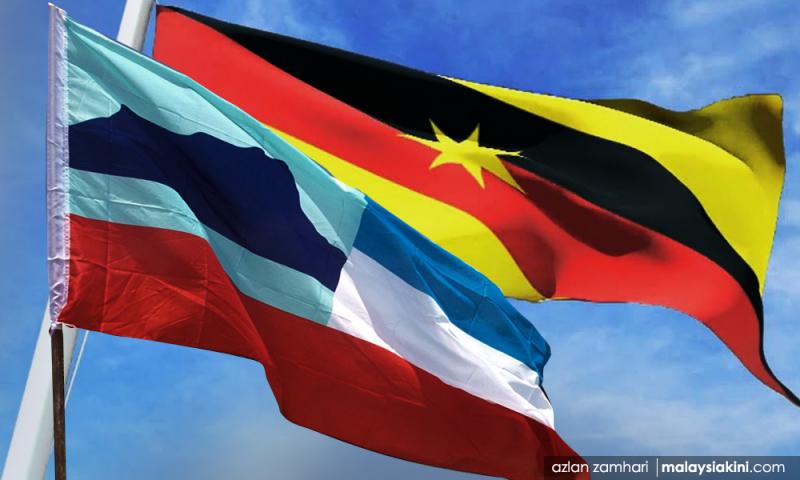

Wong Chin Huat
Published: Aug 31, 2025 11:50 AM
Updated: 2:00 PM
COMMENT | Many people in Malaysia, including Sabah, probably do not realise that today is both the 68th anniversary of Malaya’s independence and the 62nd anniversary of Sabah’s self-government (alongside Singapore’s de facto independence).
This is not surprising, not just because most Malaysians, including Sabahans, are not taught sufficiently about history beyond Malaya. It is also because there is a relatively recent tendency to downplay our commonalities and underline our differences.
Most significantly, decentralisation has not been framed as a national agenda. For East Malaysia, it is about the Borneo states claiming autonomy from Malaya as per the Malaysia Agreement 1963 (MA63).
For West Malaysia, demands for decentralisation – most commonly involving fiscal allocation - are voiced by individual states without linking to MA63.
On this National Day, which West Malaysia and Sabah share, I would like to call upon Sabah and Sarawak to provide a national leadership on decentralisation.
Bring the Malayan states under your wings, so that every state will get more legislative, executive and fiscal powers, and Sabah and Sarawak will always get more than the Malayan states.
In other words, lead us to help yourself.
Federal government is not Malaya
First things first, the Federation of Malaya, which was born 68 years ago on this day, was dissolved on Malaysia Day (Sept 16, 1963) to free its 11 states to federate with Sabah, Sarawak and Singapore.
In East Malaysia, there is a tendency to delegate Malayan states to the federal government stemming from this logic: if Malayan states are recognised, then Sabah and Sarawak would be downgraded to two of 13, and not two of three.
However, such subjective insistence does not change the fact that Malaya had disappeared for 62 years, and the federal government cannot represent the Malayan states, which together with Kuala Lumpur and Putrajaya host 83 percent of Malaysian electorate and 75 percent of Malaysian MPs.
Published: Aug 31, 2025 11:50 AM
Updated: 2:00 PM
COMMENT | Many people in Malaysia, including Sabah, probably do not realise that today is both the 68th anniversary of Malaya’s independence and the 62nd anniversary of Sabah’s self-government (alongside Singapore’s de facto independence).
This is not surprising, not just because most Malaysians, including Sabahans, are not taught sufficiently about history beyond Malaya. It is also because there is a relatively recent tendency to downplay our commonalities and underline our differences.
Most significantly, decentralisation has not been framed as a national agenda. For East Malaysia, it is about the Borneo states claiming autonomy from Malaya as per the Malaysia Agreement 1963 (MA63).
For West Malaysia, demands for decentralisation – most commonly involving fiscal allocation - are voiced by individual states without linking to MA63.
On this National Day, which West Malaysia and Sabah share, I would like to call upon Sabah and Sarawak to provide a national leadership on decentralisation.
Bring the Malayan states under your wings, so that every state will get more legislative, executive and fiscal powers, and Sabah and Sarawak will always get more than the Malayan states.
In other words, lead us to help yourself.
Federal government is not Malaya
First things first, the Federation of Malaya, which was born 68 years ago on this day, was dissolved on Malaysia Day (Sept 16, 1963) to free its 11 states to federate with Sabah, Sarawak and Singapore.
In East Malaysia, there is a tendency to delegate Malayan states to the federal government stemming from this logic: if Malayan states are recognised, then Sabah and Sarawak would be downgraded to two of 13, and not two of three.
However, such subjective insistence does not change the fact that Malaya had disappeared for 62 years, and the federal government cannot represent the Malayan states, which together with Kuala Lumpur and Putrajaya host 83 percent of Malaysian electorate and 75 percent of Malaysian MPs.
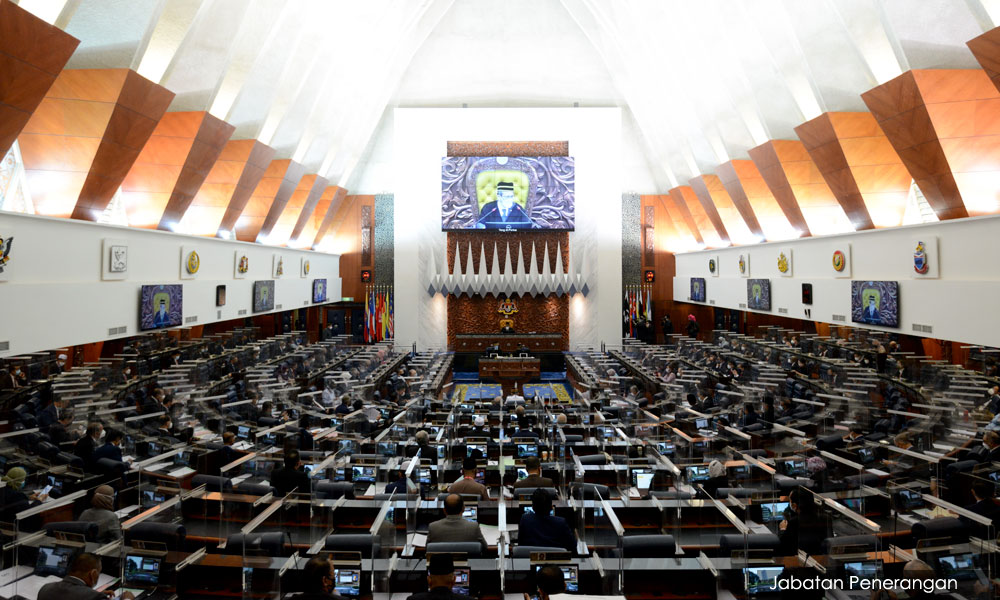
Of course, nine of the 11 states have hereditary Malay rulers, who sit on the Conference of Rulers and enjoy not only the formal powers to be consulted and give consent on certain matters, but much wider informal powers that shape and shake all things political.
Sabahans and Sarawakians are often frustrated by the lengthy negotiations on MA63 that often appear in their eyes as delaying tactics. This is why - if you assign the 83 percent of the electorate and 75 percent of MPs to Putrajaya, why would Putrajaya give in to all your demands and risk revolts from its own backyard?
Malaysia is unlike the UK
The 2014 Scottish referendum for independence excited many East Malaysians, but Malaysia is unlike the United Kingdom. Not just that, most Malaysians have not been democratic enough to entertain the idea of democratic secession.
Also, Malaya is not England. The UK consists of England, which first annexed Wales as its principality, then “merged” with Ireland (through a personal union under Henry VIII in 1541 after gradual conquest over five centuries) and Scotland (union of the crowns in 1603 and union of parliaments in 1707).
Even though England demographically and economically dominates all other three countries (yes, “countries”, that’s how the British officialdom addresses England, Scotland, Wales and Northern Ireland), it has neither an English government nor sub-regional governments within England.
Hence, the Westminster government is representing England in negotiating any devolution demand from the three other countries.
This asymmetry leads to the West Lothian Question when Scotland’s devolution was raised in the 1970s: is it fair for Scottish MPs to vote on laws affecting only England, while English MPs cannot vote on devolved matters in Scotland?
Federal government is weaker than you think
Malaysia is more like Canada. Canada has the French-speaking province of Quebec which had demanded secession and won concessions from the Federal Government to dissuade its divorce. All the deals that the Canadian Federal Government make with Quebec would have to be agreed upon by all other provinces.
But, you may say: hold on! Canada is much more decentralised while Malaysia is highly centralised with the Federal Government practically controlled every Malayan state except Kelantan before 2008.
If Kuala Lumpur/Putrajaya could make the decision on behalf of the Malayan states (including the formation of Malaysia, which was unsuccessfully challenged by Kelantan in court), why can’t they do it today?
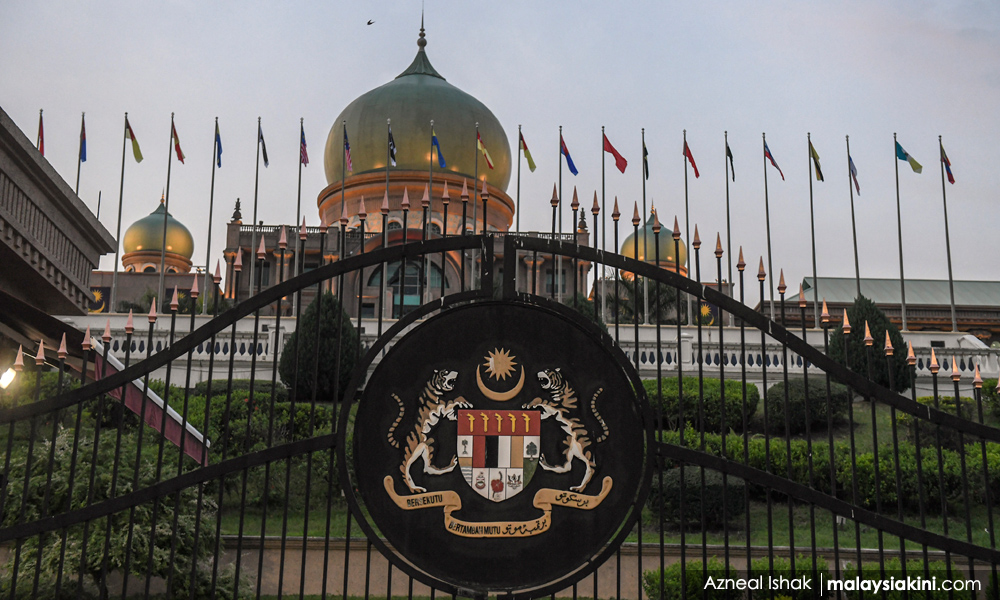
Here is the catch. Before BN losing its two-third majority in 2008 due to electoral revolt in Malaya, it was so strong that Sabah and Sarawak politicians did not dare to demand autonomy without fearing them being deposed or imprisoned.
Today, Sabah and Sarawak can bang the table on MA63 is simply because the centre has been considerably weakened. When Putrajaya is weak, do you think it can carry all the states to back all concessions demanded by Borneo?
Even when it does not involve money directly, do you think Malayan voters and opposition politicians would take it lying down if Putrajaya gives Borneo 35 percent of Dewan Rakyat seats for its 17 percent electorate, and the power for Borneo to dominate the Federal Government with the backing of 16 percent MPs from Malaya?
How come you were never told about this? Do you think any weak Federal Government would admit to you its weaknesses for you to exploit? Any PM would welcome Borneo hanging on the idea of tripartite negotiation because it puts a cover on its weak base.
2 of 3, 2 of 13 or 1+2+11
Yes, you get me right. Tripartite negotiation gives Borneans the psychological gratification as we are on par with the federal government, as was promised in the pre-Malaysia negotiation: Malaysia is to be a union of four equal partners. But it actually prevents Borneans from making progress.
If Sabah and Sarawak are not two of three, what are they? Two of 13?
No, Sabah and Sarawak are definitely not two of 13 because the 11 Malayan states are not their equals.
But downgrading Sabah and Sarawak to two of 13 states was indeed what Kuala Lumpur had in mind when it amended Article 1(2) of the Federal Constitution in 1976, which was supported by 33 out of 40 Sabah and Sarawak MPs, while seven others were missing in action, and only opposed by nine opposition MPs from Malaya.
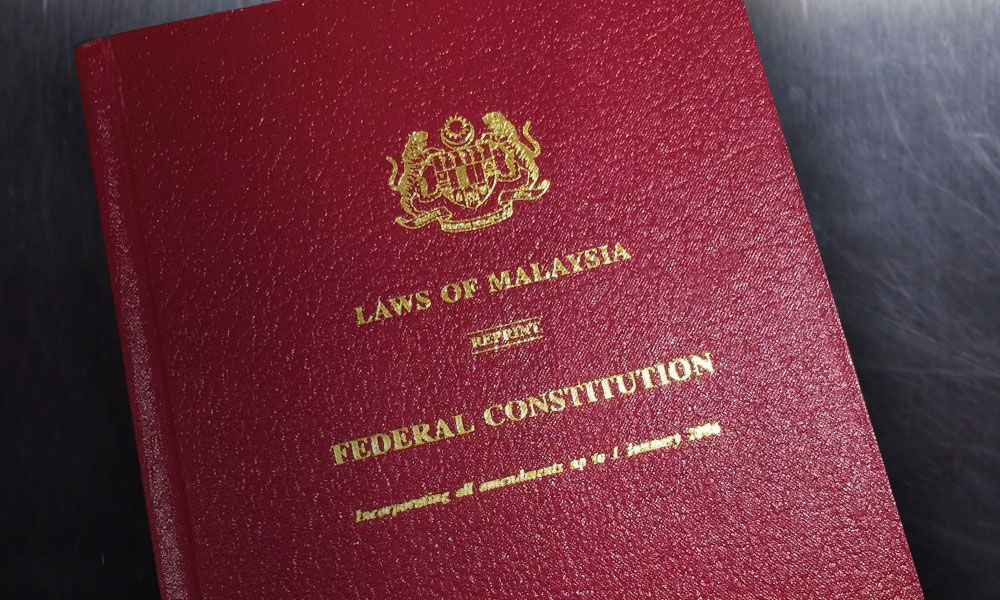
The 2022 Constitutional Amendment restored the 1976 version of Article 1(2) but that does not upgrade Sabah and Sarawak as “regions” as vendors of political myth try to sell. It merely keep Sabah and Sarawak as “States of Borneo” distinct from “States of Malaya”.
Intergovernmental relations in Malaysia should be properly understood as 1+2+11, with 1 = Federal Government, 2 = Sabah and Sarawak and 11 = the Malayan states.
We are not a confederation with three governments. We are not a symmetric federation with 13 states of equal status. We are an asymmetric federation with two special states and 11 other states.
I am calling Sabah and Sarawak special states because that is what they are. I would like to see them to be formally recognised as “regions” by another amendment to Article 1(2).
I want to see more than that - in 1963, Singapore was given the powers to education, health and labour, and more say in state borrowing, all stated in the Ninth Schedule of the Federal Constitution. Like Borneo, I want the Malayan states to have more powers than they do now.
Go for MA63+, not just MA63
But hold on, you cannot ask for that if you are only fighting for MA63, because MA63 made clear that education, health and labour in Sarawak and Sabah are constitutionally federal matters.
So, we must ask for MA63+, meaning more decentralisation than what MA63 promised. MA63 should be the floor, not the ceiling. What MA63 promised, we must have them or their functional equivalent. What MA63 did not promise, if they are good for Malaysia, why can’t we have them?
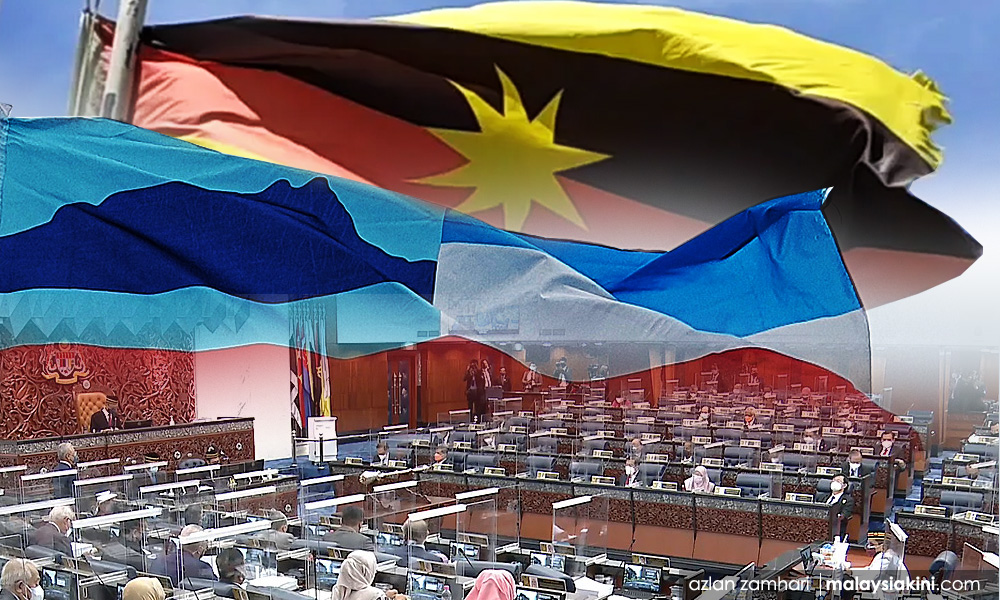
Now, do you expect Putrajaya - whether it is Pakatan Harapan, BN, or Perikatan Nasional calling the shots - to offer you MA63+? Do you see any chief minister in the Malayan States capable of bringing 2+11 together to demand it?
Now, that’s why I want to say it on Sabah Day loudly: Sabah and Sarawak, please lead Malaysia in decentralisation! Be the leaders of the pack in 2+11, not the manipulated junior partners in the two-of-three illusion.
I shared my unconventional view on MA63 in the Smart Talk Sabah hosted by politician-scholar Jo-Anna Sue Henley-Rampas on YouTube. Looking forward to a wider conversation. You lead, and we shall see a healthier 1+2+11 Malaysia.
WONG CHIN HUAT is a political scientist at Sunway University and a member of Project Stability and Accountability for Malaysia (Projek Sama).

No comments:
Post a Comment